Seeking assistance: Zarb-e-Azb to cost $1.3b, Dar tells US legislator
Islamabad seeks Washington’s help in defraying costs of the operation
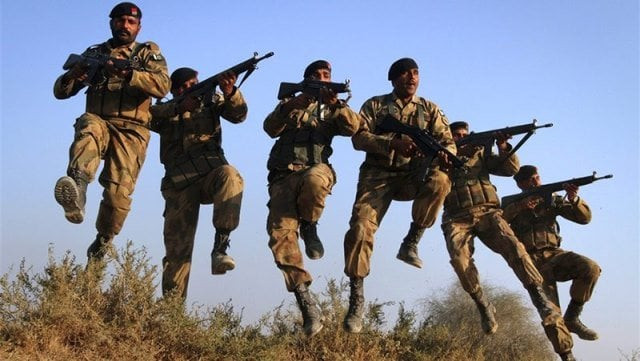
A file photo of army personnel. PHOTO: REUTERS
The cost of the ongoing military offensive against the Taliban and other militant groups, as well as taking care of the affected internally displaced persons (IDPs) has already reached $400 million (Rs40 billion) and could go as high as $1.3 billion (Rs130 billion), Finance Minister Ishaq Dar told a visiting US legislator on Wednesday.
The finance minister was peaking to Senator Jack Reed, the ranking Democrat on the US Senate Armed Services Committee, who was accompanied by US Ambassador Richard Olson. Dar briefed Reed and Olson on the progress made during the military operations as well as their financial implications, and sought Washington’s help in defraying some of the costs.

The finance minister said that the cost of Operation Zarb-e-Azb, as well as taking care of the IDPs, had so far hit $400 million and may end up being as high as $1.3 billion. However, he did not provide a breakdown of the costs, and a recent statement of Fiscal Operations released by the finance ministry shows defence spending at Rs330 billion during the first six months of fiscal 2015, which is in line with spending patterns of previous years.
Without explicitly asking for a specific amount from Washington, Dar told Senator Reed that Islamabad faced a severe financial crunch because of the operation and would welcome any international assistance. The finance minister said that Operation Zarb-e-Azb was a major offensive against terrorists and had the full support of the armed forces, all political parties and civil society in Pakistan.
Dar was accompanied by Defence Secretary Muhammad Alam Khattak, a retired lieutenant general, who provided Reed with further details about the operation and the relief efforts for the IDPs, pointing out that the country currently plays host to 5 million refugees, including 3 million Afghan refugees and nearly 2 million IDPs affected by Zarb-e-Azb. Khattak was more explicit in seeking assistance, asking for US investment in health and education in the tribal areas.
For his part, Senator Reed appreciated Islamabad’s decision to target all militant groups, including the Haqqani Network, which the US military has identified as the source of several attacks on their forces in Afghanistan. Reed also agreed that the international community should help Pakistan battle against terrorism.
Senator Reed is rare among members of the Democratic Party in the United States in that he believes that Washington should increase its aid to Pakistan, having said so in a 2010 interview with the Belfer Center at the Kennedy School of Government at Harvard University. The interview, however, was prior to the May 2011 US raid on Abbottabad that killed Osama Bin Laden.

Reed is a particularly important figure because, in addition to serving on the Armed Service Committee in the US Senate, which decides on matters relating to the US military, he also served on the Appropriations Committee, including its subcommittee on Defence, which is the relevant committee that would decide US spending on military aid to Pakistan.
Wednesday’s visit was not the first time Reed has visited Pakistan. He had made at least seven previous trips to Pakistan in the past and has historically been a supporter of stronger US engagement with Islamabad.
Published in The Express Tribune, February 19th, 2015.

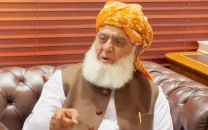
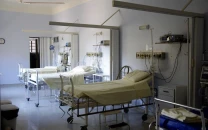



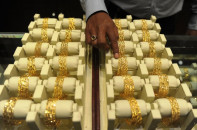
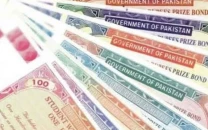
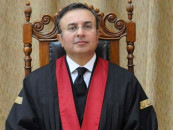

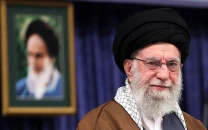
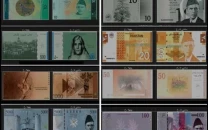







COMMENTS
Comments are moderated and generally will be posted if they are on-topic and not abusive.
For more information, please see our Comments FAQ